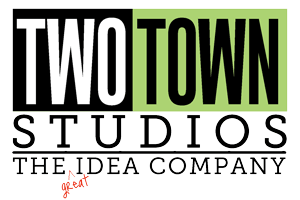Update That Resume
I was listening to a radio program this morning about the complexity of the employment market and how that continues to evolve during this depressed economy, and also how it is further complicated by the ongoing shift toward a service economy here in the US. Employers have been ratcheting up the requirements for jobseekers because, with a surplus of applicants for every position, they can ask for the moon and maybe get it. There is even a name for it now – “Super Candidate Syndrome”. The problem is that as they continue to pile proficiency and experience requirements onto a single job description they eventually reach critical mass – the point where no human could do the job as described. (And if there was such a candidate, what’s the chance they are unemployed?).
What I found interesting – particularly from an art licensing standpoint – is what skills and attributes they (and also savvy employers) think will be necessary for success in the future – many are quite the opposite of the old standards. Foremost is a “proven adaptability”, meaning the ability to adapt to and respond quickly to changes, both inside the company and outside in the marketplace. Others are: “hybrid skills”, meaning a combination of skills derived from a variety of sources and experiences; the ability to transcend multiple viewpoints; self motivation and self discipline so you can work without direct supervision; the ability to plan and maintain a “long term horizon” type of focus. And most surprising – multiple careers can now be a good thing on your resume because that will teach you much of the above.
Sound familiar? Could be a job description for an art licensing position, if there ever was such a thing. Think about the licensees or agencies as your employer, and your portfolio and presentations as your resume. They too are looking for “super candidates” in this market – thousands of artists from Indianapolis to India or Boston to Bejing can draw another snowman or jack-o-lantern, so what is going to make yours connect?
